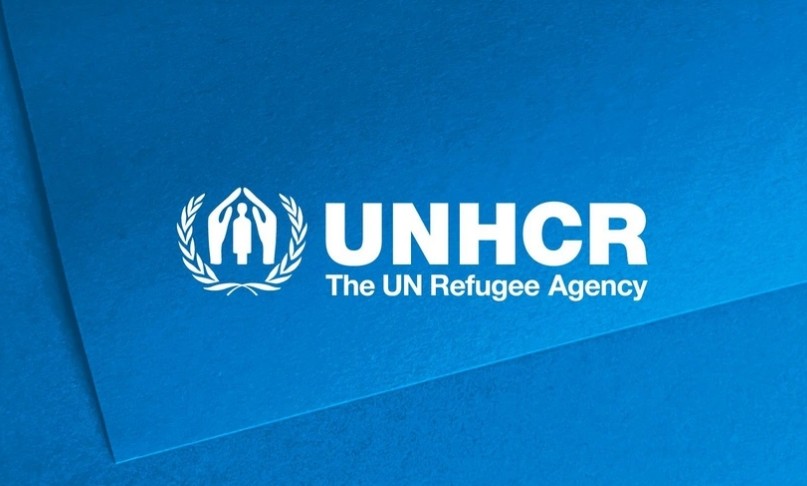UNHCR restructure sees cuts to vital programs
The UN refugee agency UNHCR has been forced to cut 3,500 jobs, including 50 per cent of senior roles, because of a dramatic decline in global humanitarian funding.
The cuts came after the Trump administration in the US slashed its foreign aid budget, which once provided 30 per cent of global humanitarian funds.
UNHCR has completed a review of its activities, expenditure, staffing and structures and has warned that the cuts to funding put millions of lives at risk across the globe.
“In light of difficult financial realities, UNHCR is compelled to reduce the overall scale of its operations. We will focus our efforts on activities that have the greatest impact for refugees, supported by streamlined headquarters and regional bureau structures,” the United Nations High Commissioner for Refugees Filippo Grandi said.
As part of the agency’s broader cost-cutting measures, UNHCR has had to close or downsize offices worldwide and implement a nearly 50 per cent reduction in senior positions at its Geneva headquarters and regional bureaux.
In total, approximately 3,500 staff positions will be discontinued and hundreds of people supporting UNHCR on a temporary basis have had to leave the organisation due to the funding shortfall.
Overall, UNHCR estimates a global reduction in staffing costs of around 30 per cent.
The review will see operations in regions with the most urgent refugee needs prioritised.
However, critical programs ranging from financial aid to vulnerable families, health, education, and water and sanitation have been affected.
The UNHCR says is working with UN partners, humanitarian organisations and host countries to mitigate, to the extent possible, the impact on refugees and others relying on its help.
“We are very grateful to the donors who have stepped up or made early contributions this year, and we continue to advocate for sustained support and to deploy all efforts to mobilize new resources,” Mr Grandi said.
“Aid brings a degree of stability in deeply volatile situations. Investing in aid not only saves lives; it also avoids higher costs down the line when desperate people are forced to move on in search of safety,” he said.
The UNHCR says it will end this year with funding levels the same as a decade ago, despite the number of people forced to flee having nearly doubled over the same period, now numbering more than 122 million.
It has warned the brutal funding cuts in the humanitarian sector are putting millions of lives at risk.
The consequences for people fleeing danger will be immediate and devastating and include refugee women and girls at extreme risk of rape and other abuse losing access to services that kept them safe, UNHCR said.
They also include children being left without teachers or schools, pushing them into child labour, trafficking, or early marriage; and refugee communities having less shelter, water and food.
“Even as we face painful cuts and lose so many dedicated colleagues, our commitment to refugees remains unshakeable,” Mr Grandi said.
“Although resources are scarcer and our capacity to deliver is reduced, we will continue to work hard to respond to emergencies, protect the rights of refugees, and pursue solutions – including returning home, as nearly two million Syrians have done since December,” he said.













